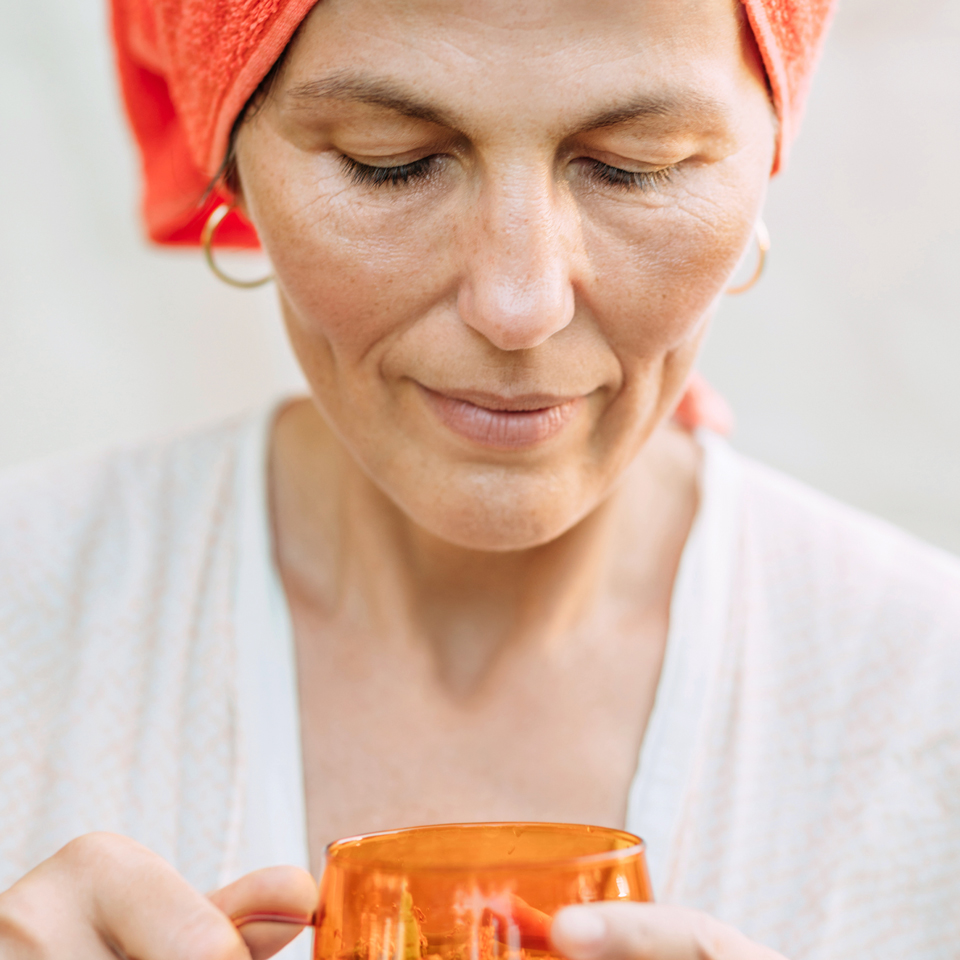-
The right response in an emergency
-
Which infected people will have a severe case of COVID-19? And a minor case? To improve care for COVID-19 patients, the team at the USZ Department of Emergency Medicine is running a study to evaluate data drawn from its extensive experience.
-
 “I was well looked-after and could recuperate at home.”
“I was well looked-after and could recuperate at home.”Fifty-four-year-old Marianne Nagel* had been feeling weak and tired for two or three days already. She had a sore throat and fever, and now she was also suffering from a serious cough and loss of her sense of taste. All the symptoms pointed to coronavirus. To find out whether she’d actually contracted COVID-19, she went to the emergency department at University Hospital Zurich (USZ). With fears of isolation and quarantine, she didn’t feel so good about it. But she also didn’t want to take any risks, especially since she had underlying conditions: diabetes and high blood pressure.
“Since the outbreak of the pandemic USZ has been able to gather a lot of experience with the disease,” explains Ksenija Slankamenac at the USZ Department of Emergency Medicine. Together with Professor Dagmar Keller Lang and the emergency team, the department looked after more than 7,000 patients with COVID-19 by spring 2021. “We’re increasingly able to assess the risk factors for a severe course of the disease, and hospitalize significantly fewer people now than in the first wave in spring 2020.”
Marianne Nagel tested positive for COVID-19 but could go home after a thorough examination. Apart from self-isolation the only instruction was to regularly measure her blood pressure and blood sugar level, and to come back to the hospital immediately if her symptoms worsened. “Most people make a better recovery in the familiar surroundings of their home than in the hospital,” explains Slankamenac. This psychological aspect is particularly important with coronavirus. “If they can recuperate at home, patients have the feeling the illness isn’t so bad.”
The team around Slankamenac and Keller Lang is now running a study to systematically evaluate its experience with COVID-19 patients and further improve treatment. They also want to gain an even better understanding of the connections between symptoms and the course of the disease. An important objective is to be able to distinguish between minor and severe cases of Covid-19 earlier in the process so that the emergency team can initiate the best therapeutic measures even more quickly. In the study they’re also analyzing the long-term health implications, so-called Long COVID. The project is supported via the USZ Corona Solidarity Fund. The USZ Foundation is now looking for donors to provide further funding for the study.
*anonymized/symbolic image
-
50% financed

-
-
Project management
-
-

Professor Dagmar Keller Lang
Director
Departmenet of Emergency Medicine
University Hospital Zurich -

PD Dr. Dr. Ksenija Slankamenac
Senior Attending Physician
Department of Emergency Medicine
University Hospital Zurich
